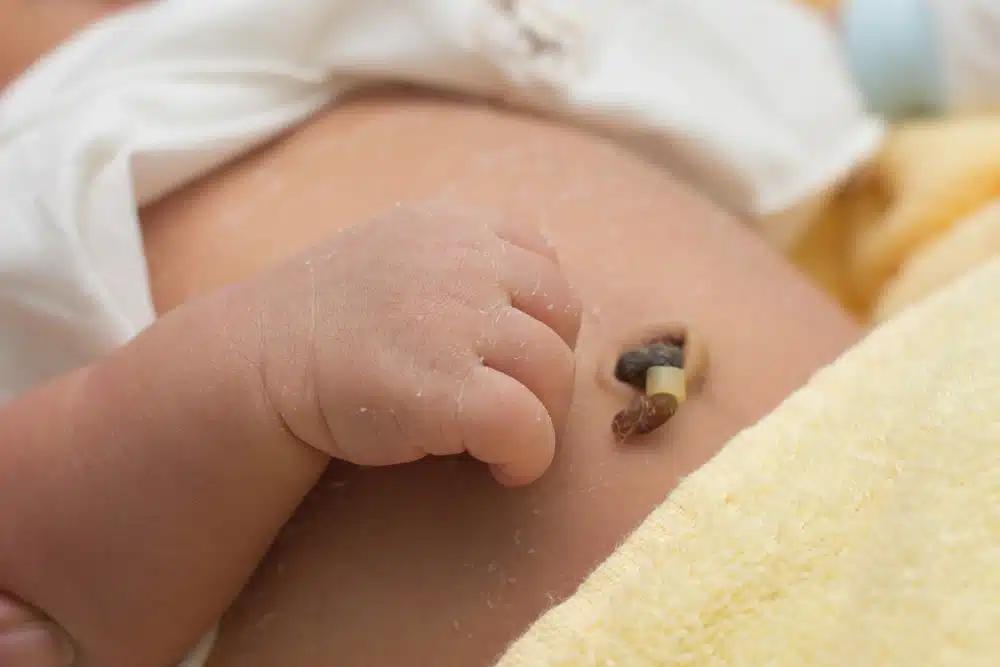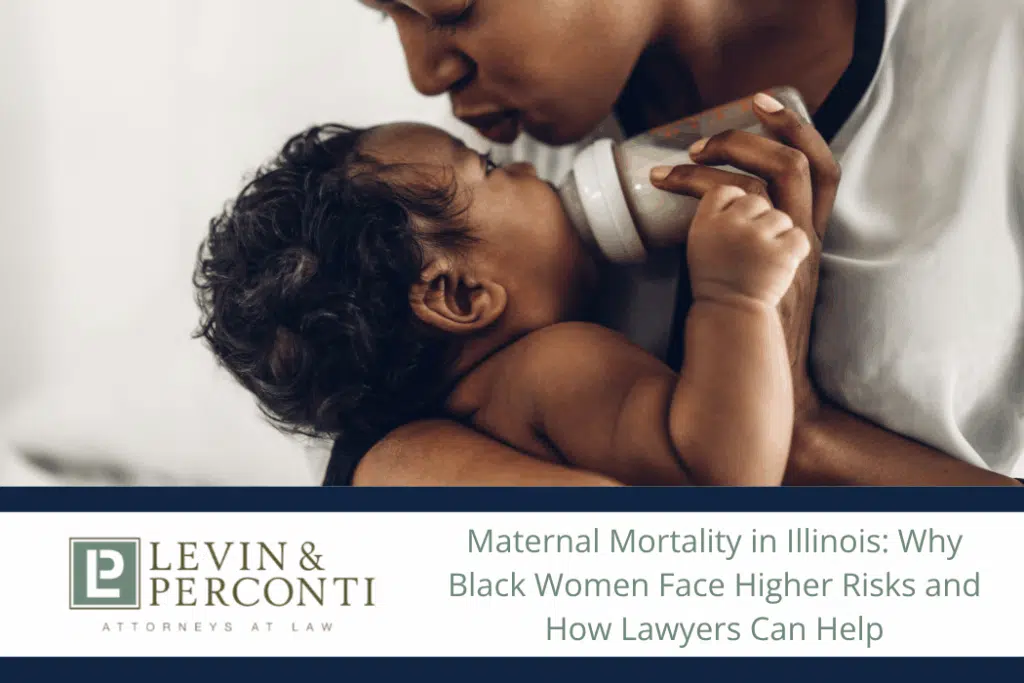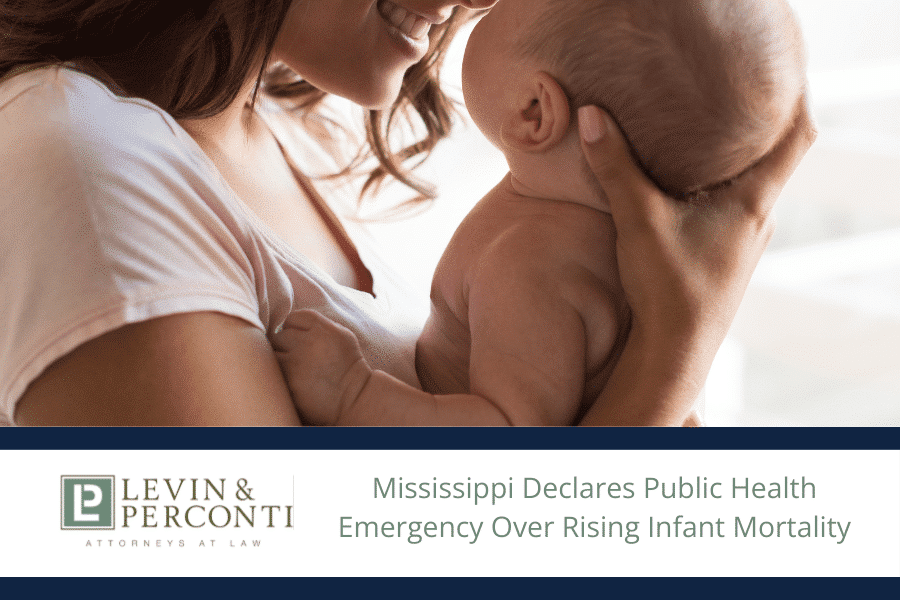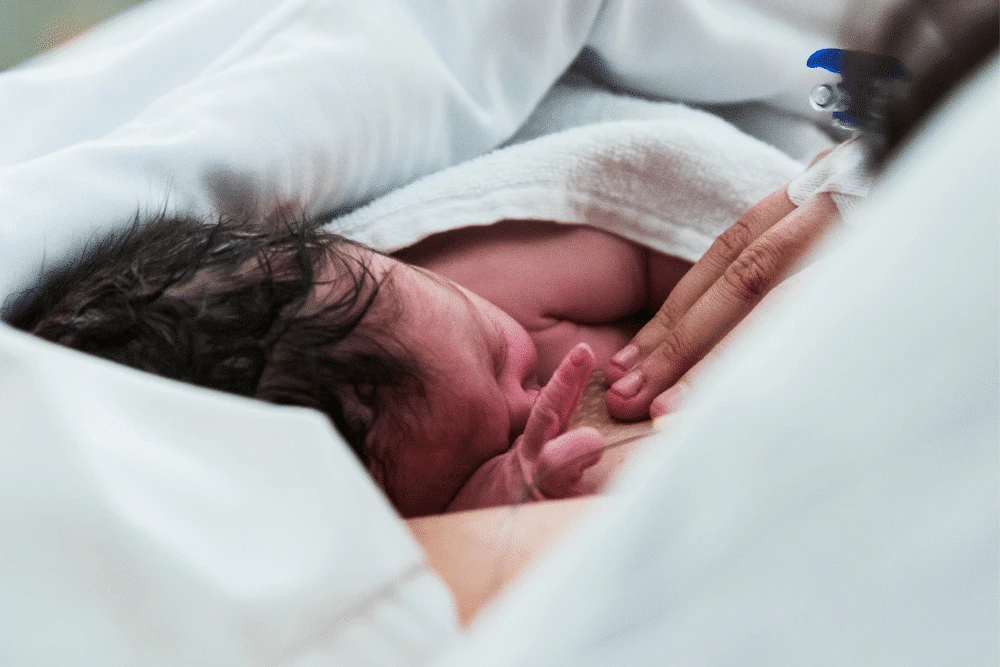
Read Bio
Since 1979, Dov Apfel has been passionate about advocating for birth injury and medical malpractice victims. Mr. Apfel’s career-long record of achievements in birth injury litigation, education, and advocacy has been recognized by the Executive Board of the Birth Trauma Litigation Group of the American Association for Justice. His expertise is demonstrated by his numerous awards, presentations on birth injury topics at legal conferences for organizations like the AAJ and ATLA, and articles published by Trial Magazine and many others.
Read Bio
Since 1979, Dov Apfel has been passionate about advocating for birth injury and medical malpractice victims. Mr. Apfel’s career-long record of achievements in birth injury litigation, education, and advocacy has been recognized by the Executive Board of the Birth Trauma Litigation Group of the American Association for Justice. His expertise is demonstrated by his numerous awards, presentations on birth injury topics at legal conferences for organizations like the AAJ and ATLA, and articles published by Trial Magazine and many others.
New Legislation Aimed to Save Lives and Reduce Disparities Impacting Mortality in Black Mothers and Black Babies
Women of color, more so non-Hispanic Black mothers, suffer adverse maternal health outcomes at disproportionately high rates, as much as 3 to 4 times those of their white counterparts. In response, the Black Maternal Health Momnibus Act of 2021 has been unveiled alongside 12 bills to address the significant health inequities Black mothers are at risk for. While the newly proposed legislation could impact the growing concern for Black women’s health across the U.S., the related challenges are especially problematic in Illinois, where an average of 19 Black women in Chicago dies within 12 months of giving birth, making their deaths nearly six times higher than whites.
According to the U.S. House of Representatives and members of the Black Maternal Health Caucus, The Black Maternal Health Momnibus Act is designed to:
- Make critical investments in social determinants of health that influence maternal health outcomes, like housing, transportation, and nutrition
- Provide funding to community-based organizations that are working to improve maternal health outcomes and promote equity
- Comprehensively study the unique maternal health risks facing pregnant and postpartum veterans and support VA maternity care coordination programs
- Grow and diversify the perinatal workforce to ensure that every mom in America receives culturally congruent maternity care and support
- Improve data collection processes and quality measures to better understand the causes of the maternal health crisis in the United States and inform solutions to address it
- Support moms with maternal mental health conditions and substance use disorders Improve maternal health care and support for incarcerated moms
- Invest in digital tools like telehealth to improve maternal health outcomes in underserved areas
- Promote innovative payment models to incentivize high-quality maternity care and non-clinical perinatal support
- Invest in federal programs to address the unique risks for and effects of COVID-19 during and after pregnancy and to advance respectful maternity care in future public health emergencies
- Invest in community-based initiatives to reduce levels of and exposure to climate change-related risks for moms and babies
- Promote maternal vaccinations to protect the health and safety of moms and babies.
Two of the state’s Democratic Senators, Tammy Duckworth and Dick Durbin, have supported the Act.
Black Babies Also Have Concerning Mortality Rates
In 2019, NPR reported that losing a baby before its first birthday happens far more often to Black mothers than other women in Illinois. Even more alarming, as many as 34% of Black infants over a two-year average will not make it to age 1. Studies have shown that racism is a driving factor in the disparate infant mortality rates in Illinois, no matter the mother’s economic status.
Legal Help in Understanding Black Women Maternal Death and Black Infant Wrongful Death
If you suspect medical negligence or believe a racial disparity or racism may have contributed to an injury or death of your unborn baby or infant, please contact Levin & Perconti toll-free at 877-374-1417, or in Chicago at (312) 332-2872 for a FREE consultation.
The routine induction of labor among women with preexisting type 1 and type 2 diabetes before pregnancy is a common practice and rightful under individual circumstances. But according to recent findings published in BMJ Open Diabetes Research and Care, it is also associated with certain neonatal complications related to deliveries before 38 weeks.
“Based on this population-based, retrospective data, delivery of women with preexisting diabetes before 39 weeks’ gestation is associated with a higher rate of neonatal complications and does not reduce the cesarean section rate,” said lead researcher of the study, Howard Berger, MD, head of maternal fetal medicine at St. Michael’s Hospital, Toronto. “Clinicians are often faced with the dilemma of when to deliver pregnant women with preexisting type 1 and type 2 diabetes. On one hand, it is known that pregnancies in women with preexisting diabetes are at increased risk for certain complications, including stillbirth and the development of preeclampsia. This has led to many clinicians electively choosing to deliver these women before 39 weeks’ gestation, but the price that is paid is an increase in early-term deliveries, which carry with them an increase in certain neonatal complications.”
According to Mayo Clinic, labor induction carries various risks, including:
- Failed Induction: About 25 percent of women, will often start with an unripened cervix and may need an emergency C-section when labor stalls.
- Low Heart Rate: The medications used to induce labor — oxytocin or a prostaglandin — might cause abnormal or excessive contractions, which can diminish a baby’s oxygen supply and lower a baby’s heart rate.
- Infection: Some methods of labor induction, such as rupturing a mother’s membranes, might increase the risk of infection for both mother and baby.
- Uterine Rupture: This is a rare but serious complication in which the mother’s uterus tears open along the scar line from a prior C-section or major uterine surgery. An emergency C-section is needed to prevent life-threatening complications and the possible removal of the uterus.
- Post-Partum Hemorrhage and Bleeding After Delivery: Labor induction increases the risk that a mother’s uterine muscles won’t properly contract after they give birth (uterine atony), which can lead to serious bleeding after delivery.
Also, newborn intensive care unit admission rates are higher when induction is present than mothers who experience spontaneous labor.
A Review of the Cohort Study
The researchers analyzed data from women with diabetes before pregnancy who had a singleton birth at 38 weeks’ gestation or later. The researchers wrote:
- Women with placenta previa, previous cesarean section, and women diagnosed with gestational hypertension or preeclampsia before 38 weeks were excluded.
- The cohort was divided into two exposure groups to mimic the real-life dilemma faced by a health care provider: whether to induce at 38 weeks’ gestation or expectantly manage until at least 390/7
- Women who underwent induction of labor between 380/7 and 386/7 weeks were compared with those expectantly managed and who remained undelivered by 390/7
- Within the cohort, cesarean delivery occurred among 269 women in the induced labor group and among 333 women in the expectantly managed group.
- Rates of instrumental delivery were 11.2% and 10.2% for the induced labor group and the expectantly managed group, respectively.
Although this was a random sampling of women, the ultimate conclusion was that routine induction of labor among women with diabetes before pregnancy is not associated with an increase in the rate of cesarean delivery, but is associated with certain neonatal complications.
Request a Free Consultation to Evaluate Your Birth Injury Lawsuit
Birth injury cases are handled differently than standard personal injury cases. If your child suffered an injury at birth, you should seek legal assistance immediately. Your attorney can begin gathering the essential information needed for a claim, as soon as you are ready. Contact the experienced lawyers at Levin & Perconti to schedule a consultation by calling (877) 374-1417.





